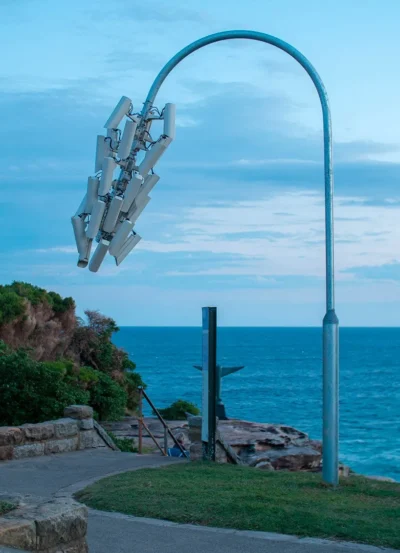Debate on the Legality of Installing an Interior Camera System to Operate 7/24 in Taxis in Turkey
The Council of State is the highest administrative Court in Turkey’s administrative jurisdiction. The Council of State Plenary Session of Administra..
Could Thermal Power Plant Emissions Data Be Considered Trade Secrets?
In the light of scientific developments, we can easily say that greenhouse gases emitted by coal-fired power plants are one of the leading causes of..
Constitutional Court of the Republic of Turkey Publishes Its Pilot Decision Containing a Call to the Grand National Assembly of Turkey to Amend the Legislation on Access Blocking, Which Has Become A Tool of Censorship
Social media, which has become increasingly important in our lives, challenges customary practices, regulations, and rules. While people can directl..
Turkish Rules for Web-Based Broadcasts Enter into Force; What Fate Awaits Netflix?
The “Regulation on the Web-Based Presentation of Radio and Television Broadcasts and Video On-Demand Services“, which has recently been in the pipel..
Government Starts to Collect Personal Data of Millions of Citizens Using Telecommunication Services for Profiling
We all agree on the importance of “personal data“, the “oil” of the 21st century that is expected to steer the economy. “Data” is the number one ite..
Üstad; Magazine for Lawyers
Hello. We are living through times of chaos, uncertainty and pain. It is extremely important for us as lawyers to be able to define and explain what..






